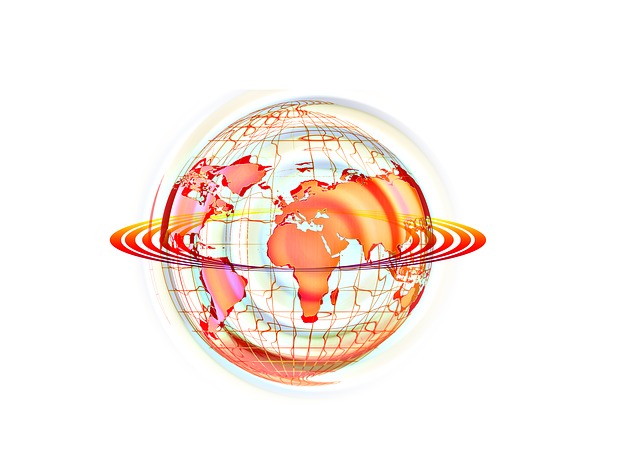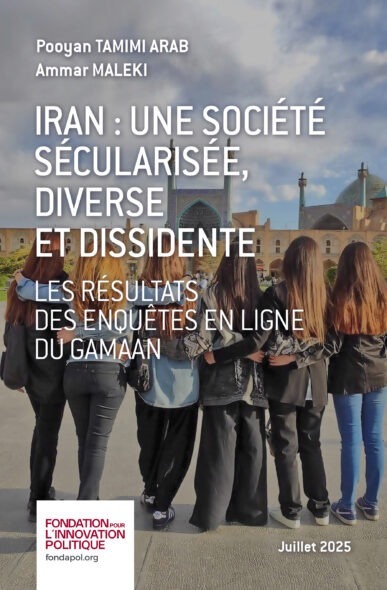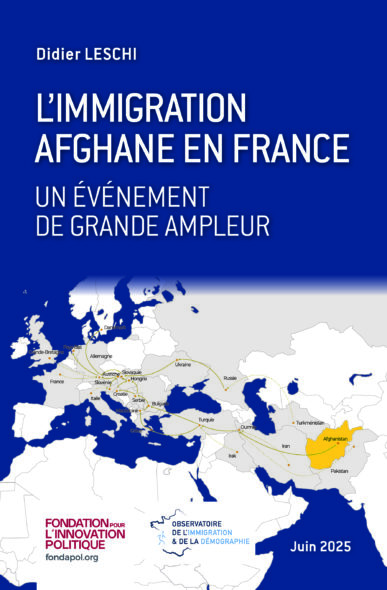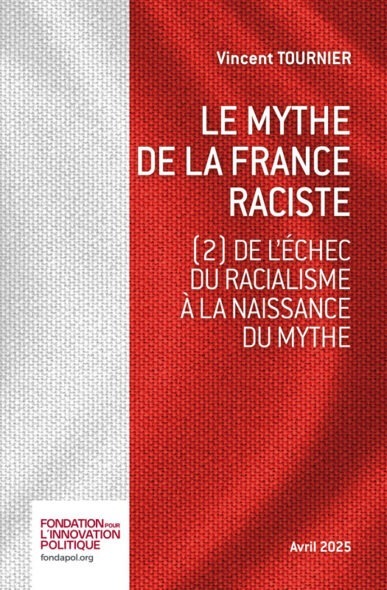From Tunis to Wall Street : the Globalization of Politics
Fondapol | 13 octobre 2011
 The feeling of being relatively deprived
The feeling of being relatively deprived
Let’s be clear – transferability must not be mistaken for the lack of spontaneity. The social uprisings this year in the Middle East, parts of Europe, Asia, and more recently the Occupy Wall Street movement in the United States have each been founded on a distinct cause, a clearly defined indigenous strategy and organization. Yet an underlying common emotion is that actors of these movements have perceived themselves as being deprived relative to certain other members of their own society who they felt were better endowed. In Egypt under the dictatorial regime of Hosni Mubarak, citizens perceived themselves to be deprived of power. In India, citizens felt deprived of fair access to the country’s resources relative to others who had benefitted from certain recent corruption scandals.
A social-psychological approach
A social-psychological study of the American armed forces published in 1949 was the first to use the relative deprivation theory towards explaining how dissatisfaction among troops did not always arise directly from the objective hardships they suffered, but varied according to how they framed their assessments of their own situation based on comparisons they made between themselves and others in a different situation. Today, in an increasingly connected world, if A does not have X, then A knows sooner and better of others who have X, and the feelings of A wanting to have X can be spread virally via digital media across larger numbers of people easily. A eventually believes obtaining X is realistic as global media networks may even allow citizens to know in great detail of the course of action other societies have taken to correct their deprivation.
The initiating event
A popular critique of such a relative deprivation theory, however, is that most people anyway feel relatively deprived at one level or another, and yet there are only certain groups that form social movements. For instance, how is it that societies that are also deprived of democratic rights do not organize themselves in to social movements? This is perhaps because no matter how strong the emotion of being relatively deprived is, an initiating event is needed to trigger off a chain of events in the society that may lead to sufficiently arousing people’s emotions towards starting social movements. Fast paced communication channels and the ease of movement of people and money facilitates a broadened and quick impact of such an initiating event. Increasingly the initiating event may not necessarily take place in that particular society – it could take place in any part of the world and have a similar impact on another society.
The spreading of protest
It is then not surprising that eleven days after the ordinary citizens of Tunisia brought down their President on 14 January 2011, ninety thousand Egyptians also gathered in the streets of Cairo protesting too against a despotic and corrupt regime. In India where a social movement or andolan semantically meaning swinging back and forth and referring to the action of an individual directed to oneself, such as for swadesh (to have one’s own country), swaraj (to have one’s own rule), or mukti (personal liberation), the news of an Arab uprising for ‘regaining’ the freedom of its people to have their ‘dignity back’ from a dictator resounded well amongst its people who in recent years had been reeling under revelations of the high level corruption scams in the country.
Transferability of mode of action
A social uprising could be by negotiation, violence, or even a coup d’Etat. Yet political defiance by way of non-violent protests in public spaces by citizens was chosen to be the appropriate mode of action for most of the movements in the Middle East. It was because such a mode of action changes the distribution of power between people and a dictatorial government. It makes the dictatorship’s capacity for violent repression – which is its strongest tool – to be no longer valid. Also it strengthens institutions, as people’s experience of coming together even once is often not forgotten easily by them, making them less likely to be dominated by dictators in the future. This mode of action by way of non-violent protests in public spaces was somewhat replicated across social movements in various other political contexts, countries and regions in 2011.
Old and new forms of protest
For instance, in India a group of about twenty civil society leaders formed the ‘India against corruption’ movement, mobilizing activists across cities in the country in spring 2011 for a protest against a proposed parliamentary anti-corruption bill that this group deemed insufficient. Subsequently one of the members of this group offered that he would fast unto death, and make a spectacle of it at a central public space in New Delhi, until such time that the government conceded on a mutually agreeable solution with the group. In functioning constitutional democracies like India, the morality of political defiance especially by fasting unto death is troubling. In pre-independent India with no channel to express resentment, Gandhi’s recourse to a hunger strike was valid. But democracy provides citizens channels and institutions to express themselves. It provides ground for debate that the search for an effective solution for rampant corruption deserves. Normally, without the backdrop of the ongoing non-violent protests in the Arab states at that time, not having one’s preferred institutional solution to a complex economic problem may not have been ground enough in India for such a mode of political defiance as that of a hunger strike.
US and China echoing each other
Similarly when news of the anti-capitalist protests of the Occupy Wall Street movement in the autumn of 2011 in the United States reached China, it also brought out a puzzling unprecedented response amongst some of China’s people. Those Chinese citizens who still yearned for the days of Mao discovered their own revolutionary spirit in American political life. They declared that capitalism is a dead end, there is no future for it, and that the Chinese too should now learn from the Americans about ways to protest against it.
Globalization’s new paradigm
Globalization’s three pillars – flows of people, money and ideas – have in this way now created a fourth one, that of the globalization of politics where representations of citizenship are transferred from one country to another. People in different countries transcend international borders, learn from each other, act in similar ways in a hub and spoke fashion, to initiate negotiations for political change towards obtaining specific objectives with their government.
The notion of globalization of politics has so far referred to the development of issues such as global human rights discourses, global fight against climate change, or global governance through the United Nations. This notion must be redefined. The transferability of political action in the form of the recent social movements across countries now essentially needs to be included here, as a reflection of and a contribution to an increasingly expanding single global public sphere of citizens.












Aucun commentaire.